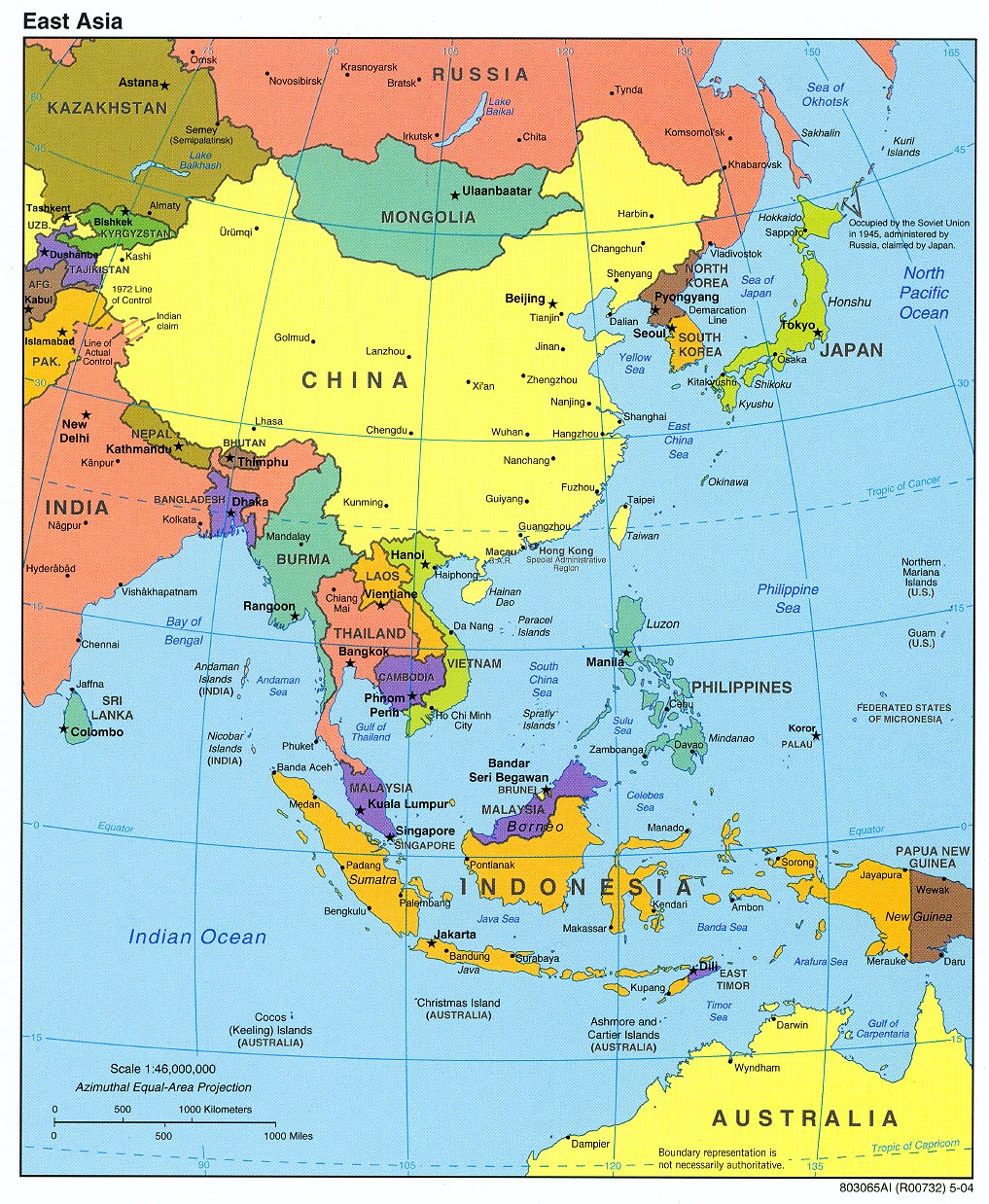
Korea Times writes about the proposal of an East Asian Currency
This would include Japan, South Korea and China. Now, why in the world would they want to do that? Aren't there enough grieviences between these countries to fill an oil tanker? The relationship between these countries is enough in itself to make the efford effortless. But then again, there are some positive aspects about it as well. What if, in the wake of the 6-party talks, this could kick-off an even closer cooperation between the countries to lubricate the rusty tensions in Northeast Asia. Here are some of the pros and cons. I am far from a currency expert, so your comments are highly appreciated (I will correct anything that is flatout wrong):
PROS
1. Quoting Korea Times "...under the current U.S. dollar-dominated currency system, Asian countries will not be able to maintain regional financial stability and sustain high economic growth". A common currency would enable East Asia to better shied itself from various shocks.
2. Peace, peace, peace. Common currencies have often been a major part of arguments speaking for increased inter-dependence with peaceful purposes.
3. Prevent another East Asian Economic Crisis, which could hurt China in the future.
CONS
1. The East Asian economies depend too much on exports to the US and lack a suitable financial system to deal with the current account surplus, Choi Gong-pil a Korean economist was quoted in the Korea Times.
2. China and Japan would never be able to build a working relationship conducive to such developments.
3. The US hubs-and-spokes system in East Asia would not allow for an enhancement in a regional structure such as a common currency. It would also not fit into the security parameters of East Asia, particularly with the Taiwan issue.

1 comment:
On an economic basis, I can imagine South Korea and Japan with a common currency, but China is still too much in flux.
On the historical grievance issue, it strikes me now for the first time that Europe, including Germany which was at the center of aggression in both World Wars, has managed to integrate without making historical resolution a barrier.
Post a Comment